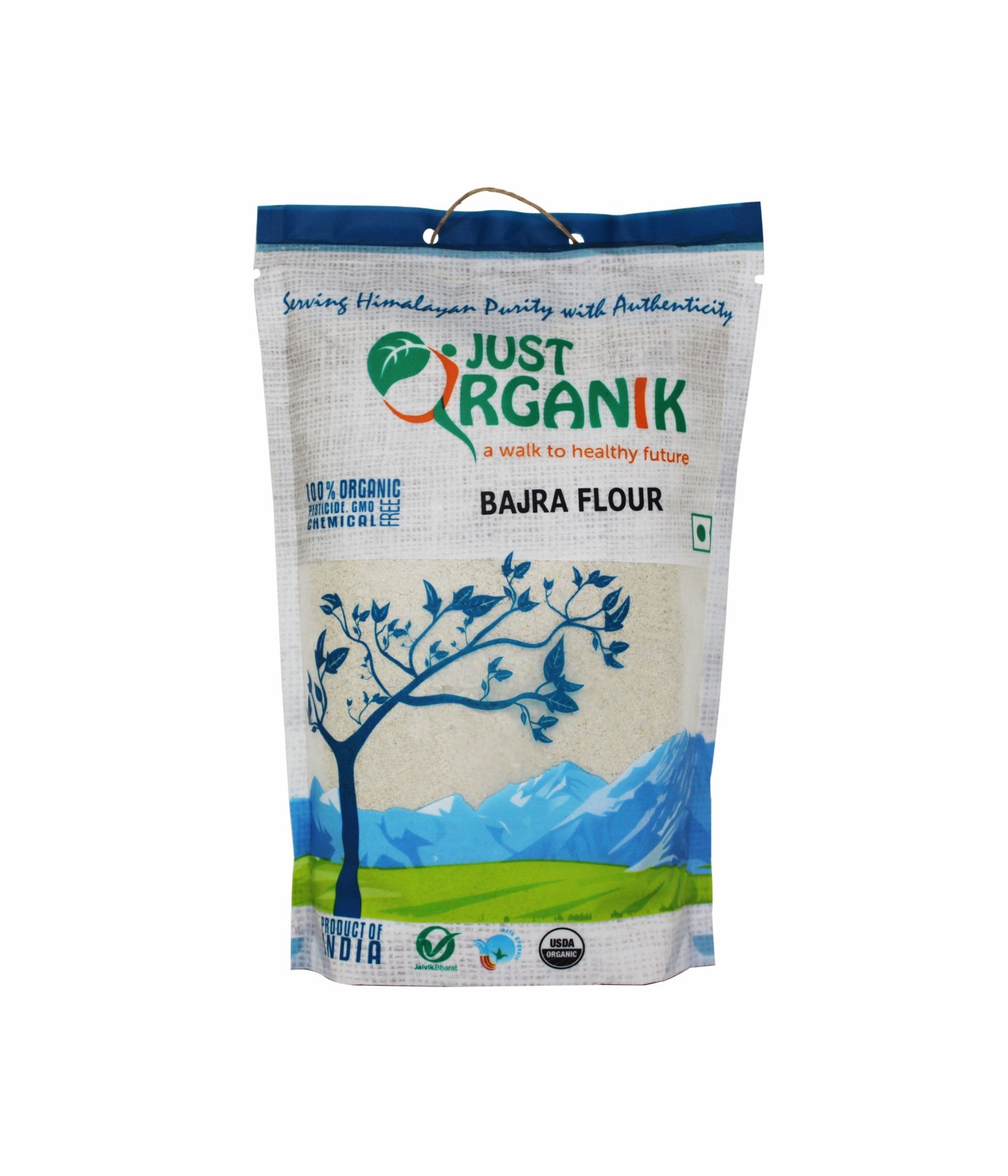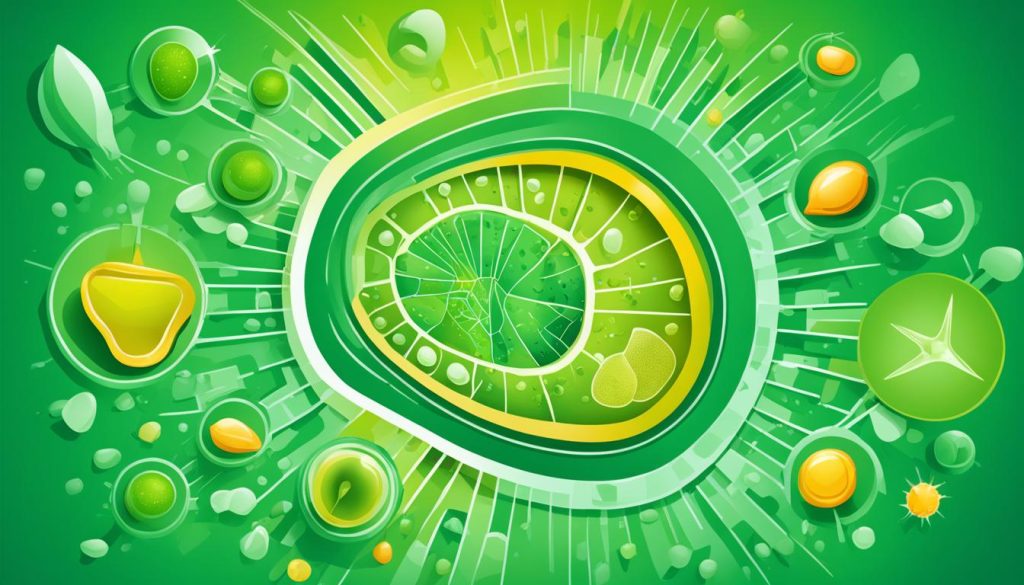Introduction
Deal with gallbladder issues can be challenge, peculiarly when it leads to digestive discomfort such as constipation. The gallbladder play a crucial role in digestion by store bile, which help break down fats. When its function is compromise, it can lead to various digestive problems, include constipation. This article explores how to efficaciously relieve gallbladder relate constipation, provide practical tips and guidance for those affect.
 Source: pinterest.com
Source: pinterest.com Understand gallbladder function and constipation
The gallbladder is a small organ locate beneath the liver. It stores bile produce by the liver and release it into the small intestine to aid in the digestion of fats. When the gallbladder is not function decently, it can disrupt the digestive process, lead to issues like constipation. This canbecausee by gallstones, inflammation, or other gallbladder diseases.
 Source: myhealthblogtips.com
Source: myhealthblogtips.com Common causes of gallbladder relate constipation
- Gallstones: Hardened deposits that can block bile flow.
- Cholecystitis: Inflammation of the gallbladder, ofttimes due to gallstones.
- Biliary dyskinetic: A condition where the gallbladder does not empty right.
- Reduced bile production: Lead to inadequate digestion and slower intestinal transit.
Tips for relieving gallbladder relate constipation
Address constipation link to gallbladder issues involve a combination of dietary changes, lifestyle adjustments, and, in some cases, medical intervention. Here are some effective strategies to consider:
1. Dietary adjustments
- Increase fiber intake: Consume more fruits, vegetables, whole grains, and legumes to promote bowel regularity.
- Stay hydrated: Drink plenty of water to help soften stools and support digestion.
- Limit fatty foods: Reduce intake of high fat foods to decrease gallbladder strain.
- Avoid processed foods: These can worsen constipation and aggravate gallbladder issues.
2. Lifestyle modifications
- Regular exercise: Engage in physical activities like walk, yoga, or swim to stimulate digestion.
- Stress management: Practice relaxation techniques such as meditation to reduce stress levels that can affect digestion.
- Consistent meal times: Eat at regular intervals help synchronize digestive processes.
3. Natural remedies
- Herbal teas: Try peppermint or ginger tea to soothe the digestive tract.
- Probiotics: Incorporate yogurt or supplements to improve gut health.
- Warm compress: Apply a warm compress to the abdomen to relieve discomfort.
4. Medical interventions
If lifestyle and dietary adjustments do not alleviate symptoms, it may be necessary to seek medical advice. Potential interventions include:
- Medications: Laxatives or bile acid supplements may be prescribed.
- Surgical options: In severe cases, gallbladder removal might be considered.
Real life example
Consider Sarah, a 45-year-old woman who experience frequent constipation and abdominal pain. After consult her doctor, she was diagnosed with gallstones that wereobstructedt bile flow. By follow a high fiber diet, stay hydrated, and engage in moderate exercisSarahrah manage to alleviate her constipation. Her doctor besides recommendnon-invasiveive procedure to remove the gallstones, which finally resolve her discomfort.
Conclusion
Gallbladder relate constipation can importantly impact quality of life, but with the right strategies, it’s manageable. By make dietary changes, adopt a healthier lifestyle, and seek medical advice when necessary, individuals can find relief. Understand the connection between gallbladder function and digestive health is key to prevent and address this issue. For more detailed information, consult a healthcare provider or nutritionist can provide personalized guidance.